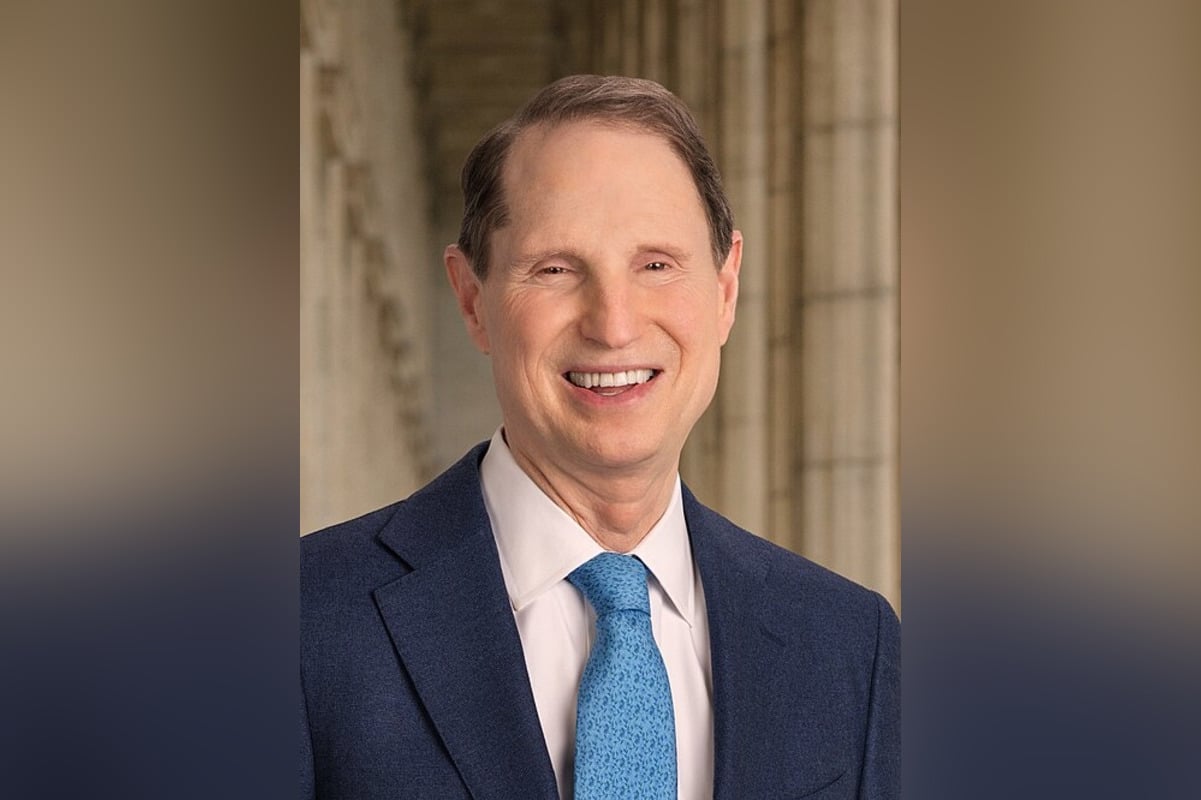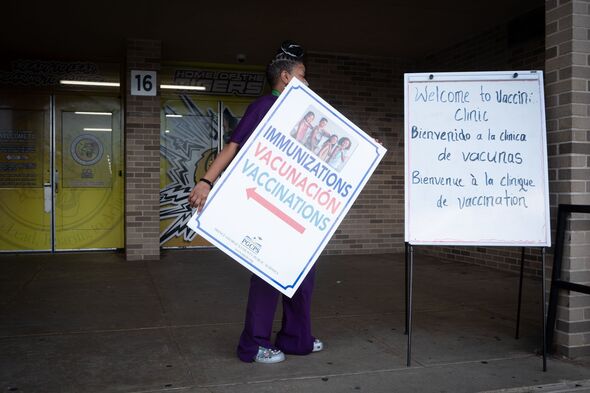The ongoing debate regarding the U.S. government shutdown has spotlighted the staggering costs associated with health insurance subsidies, projected at $136 billion in 2025 by the Congressional Budget Office. As Americans brace for a predicted increase in health insurance premiums by 8% to 9% in the coming year, a growing discourse suggests that the introduction of catastrophic health insurance could provide a viable solution to alleviate financial burdens.
Health insurance giants are advocating for additional subsidies, which would directly boost their profits as premiums continue to climb. Reports indicate that while these insurers enjoy rising stock values, many Americans struggle to manage their healthcare expenses. The crux of the issue lies in the dysfunctionality of the current insurance market. In 2024, over 11.7 million individuals—more than one-third of those enrolled in Obamacare—had no medical claims, illustrating a disconnect between premium payments and actual healthcare usage.
The concept of insurance is fundamentally to shield families from significant expenses, akin to having fire insurance to protect against the complete loss of property. Experts argue that a more sensible approach would be to promote policies that focus on covering major medical costs while allowing individuals to pay for routine expenses out of pocket. Catastrophic health insurance plans, which have long been available, offer low premiums and substantial coverage for major medical expenses, making them a financially prudent choice for many families.
According to an analysis by Forbes, catastrophic health plans average $443 per month for a 50-year-old member, translating to about $5,316 annually. In contrast, the average premium for other Obamacare plans approaches $10,000 per year. This creates a significant savings opportunity for those enrolled in catastrophic plans. However, the typical deductible stands at $9,450 per person, or $18,900 for families, which can deter many from pursuing this option.
Critics of catastrophic plans, including some lawmakers and health insurers, have labeled them as “junk health insurance.” Yet, these plans provide comprehensive coverage for essential health benefits, including emergency services, hospitalization, and mental health treatments, similar to other Obamacare offerings. The challenge lies in a provision of the Affordable Care Act, which restricts enrollment in catastrophic plans to individuals under 30 years old or those qualifying for a “hardship” exemption.
Calls for reform are growing, with proponents advocating for the repeal of this provision. Allowing broader access to catastrophic health insurance could not only empower individuals to select the coverage that best fits their needs but also significantly reduce government spending and stimulate economic growth. Enhancements introduced by the new tax law signed by President Donald Trump on July 4, 2023, which permits contributions to health savings accounts (HSAs) for those enrolled in catastrophic plans, further bolster their attractiveness. HSAs enable families to set aside tax-free funds for medical expenses while allowing any unspent money to accumulate for retirement.
In light of rising healthcare costs and stagnant wages, a shift towards more flexible health insurance options appears to be a straightforward solution. By moving away from cumbersome subsidies and rigid plans, lawmakers could facilitate a healthcare system that serves both patients and taxpayers more effectively. The current trajectory of the healthcare industry, with its reliance on subsidies that disproportionately benefit large insurers like UnitedHealth, demands urgent attention and reform. A transition to a system that accommodates catastrophic health insurance could pave the way for a more sustainable and equitable approach to healthcare in the United States.







